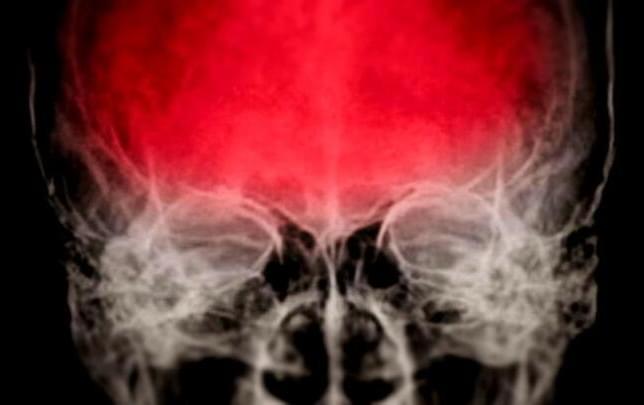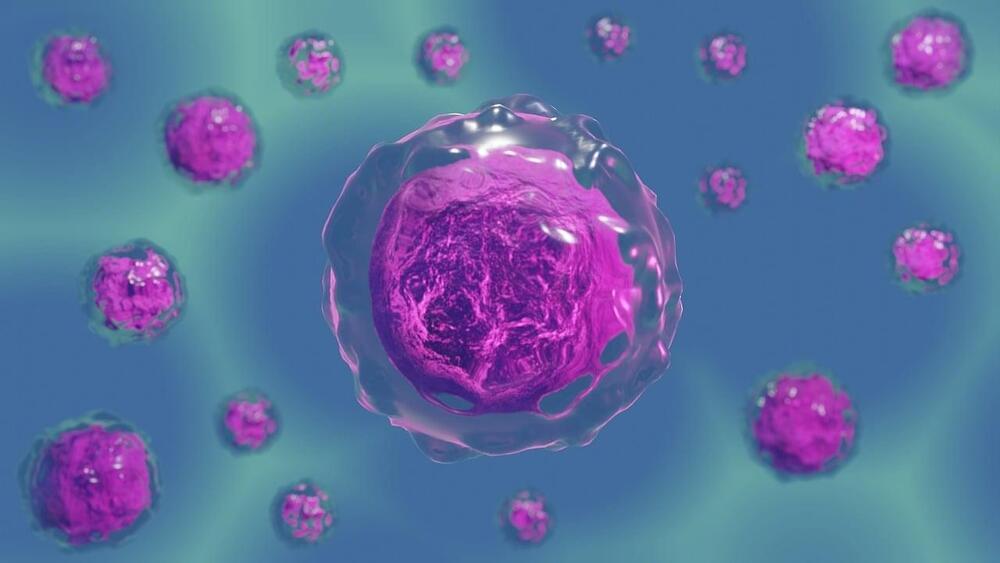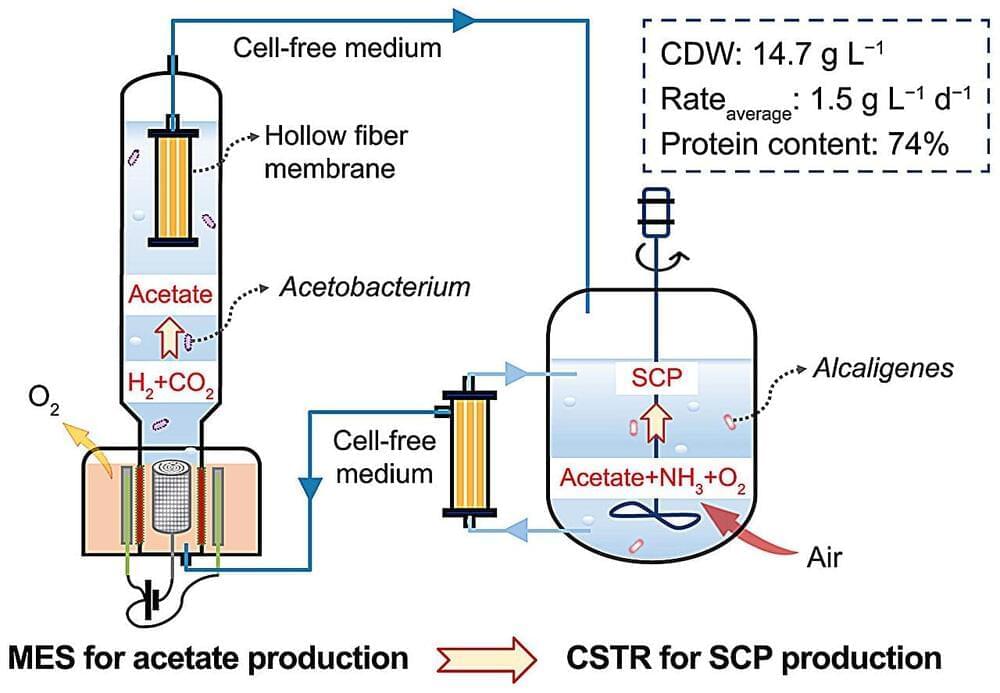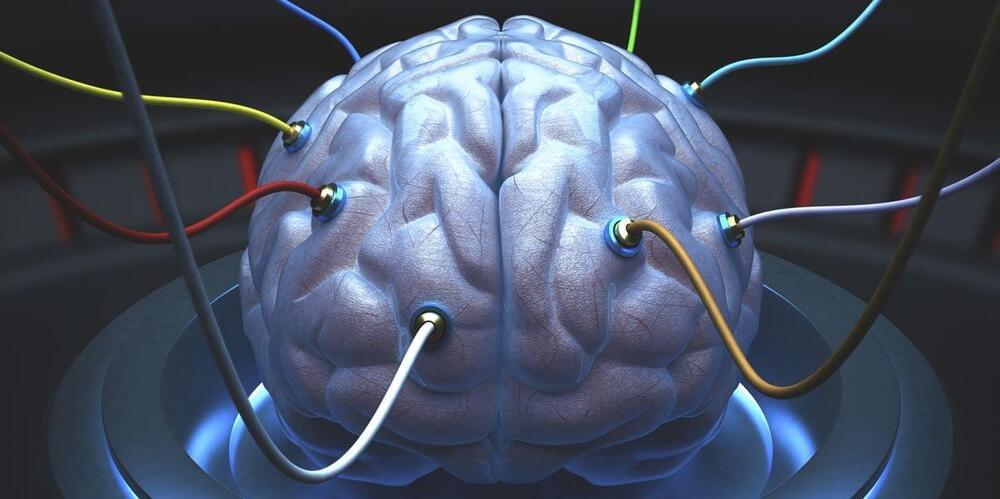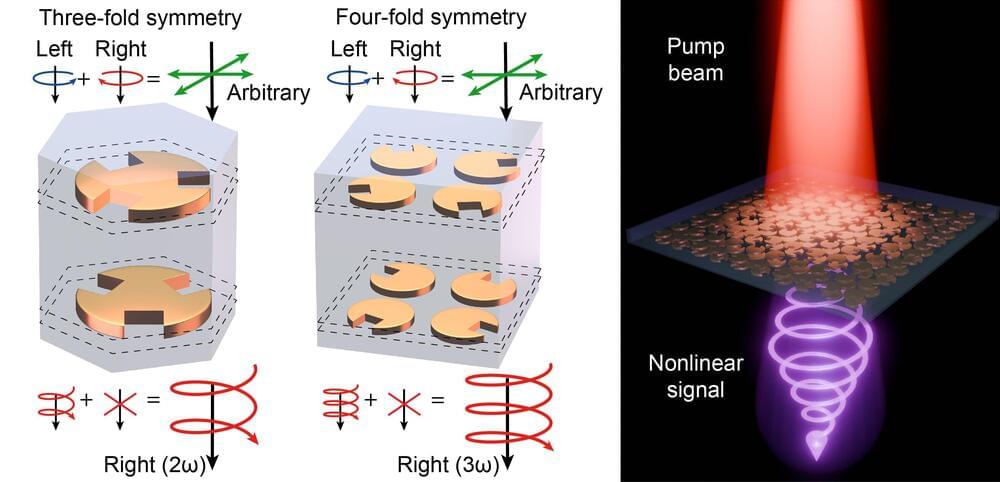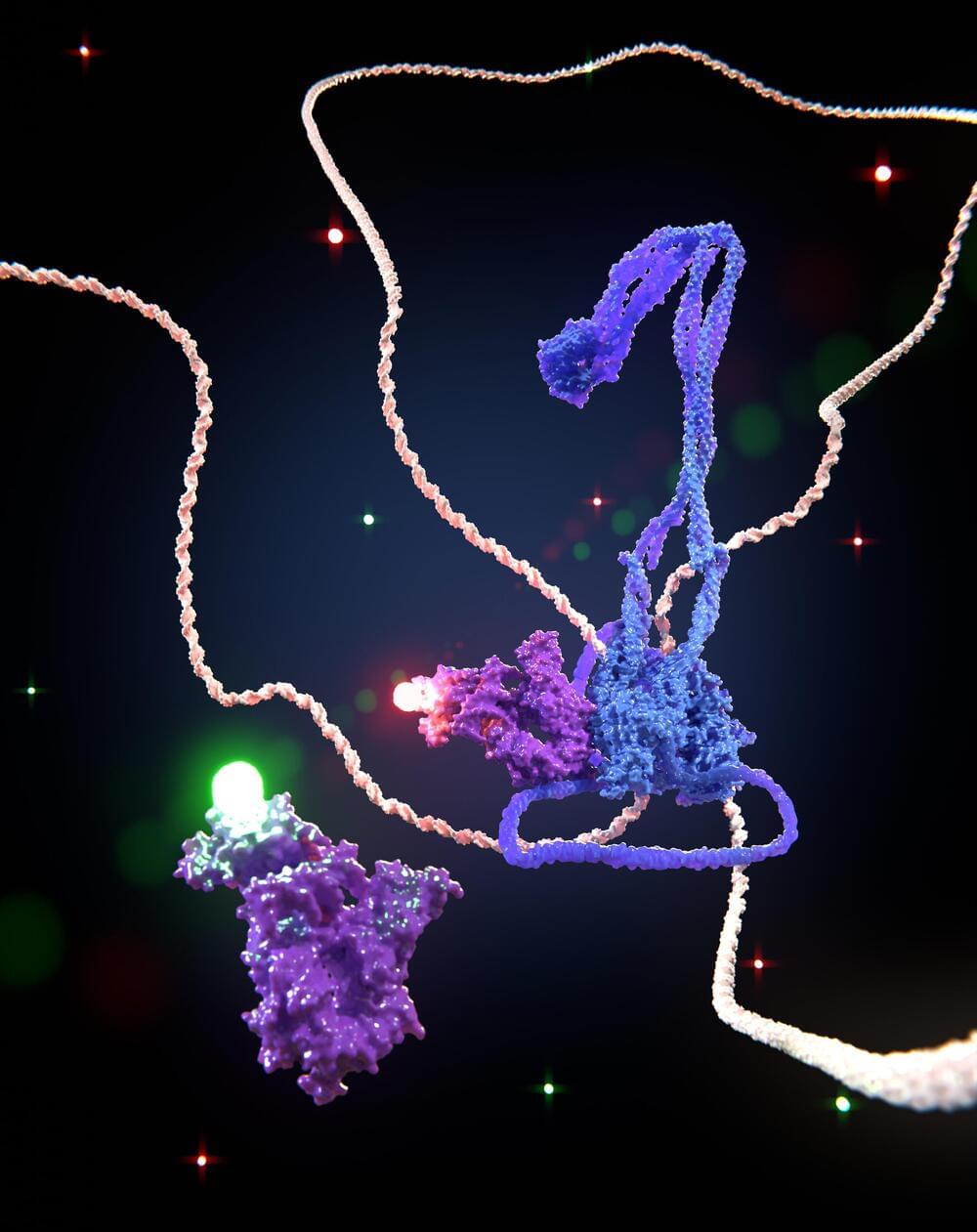This video provides a progress update on cutting-edge research exploring epigenetic reprogramming and small molecule cocktails for cellular rejuvenation.
Dr David Sinclair delve into the latest studies on how these approaches can potentially reverse the effects of aging at the cellular level. Topics covered include:
• The mechanisms of epigenetic reprogramming using Yamanaka factors. The development and testing of novel small molecule cocktails. Applications in various tissues and organs Research on reversing cellular senescence and restoring cell identity. The use of AI for high-throughput screening of potential rejuvenating compounds.
This update highlights recent advancements, challenges, and future directions in this exciting field of research.
* Credits to ARRD \& Dr David Sinclair*
Please note that the links below are affiliate links, so we receive a small commission when you purchase a product through the links. Thank you for your support!
=*=*=*=*=*=*=*=*=*=*=*=*=*=*=*=*=*=*=*=*=*=*=*=*=*=*=*=*=*=*=*=*=*=
☑ ProHealth, RENUE, DoNotAge, StemRegen, N1O1, NOVOS ☑ Coupon CODE: REVERSE
